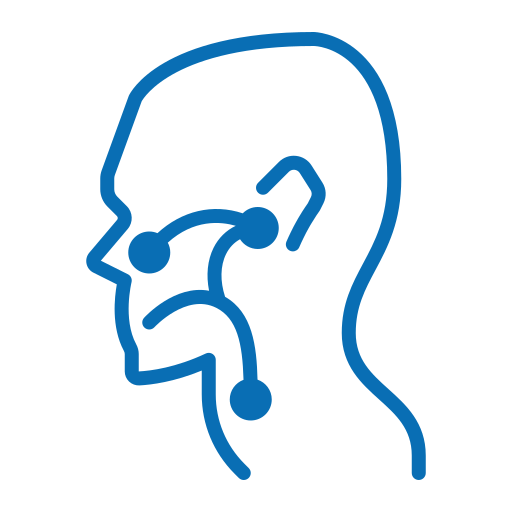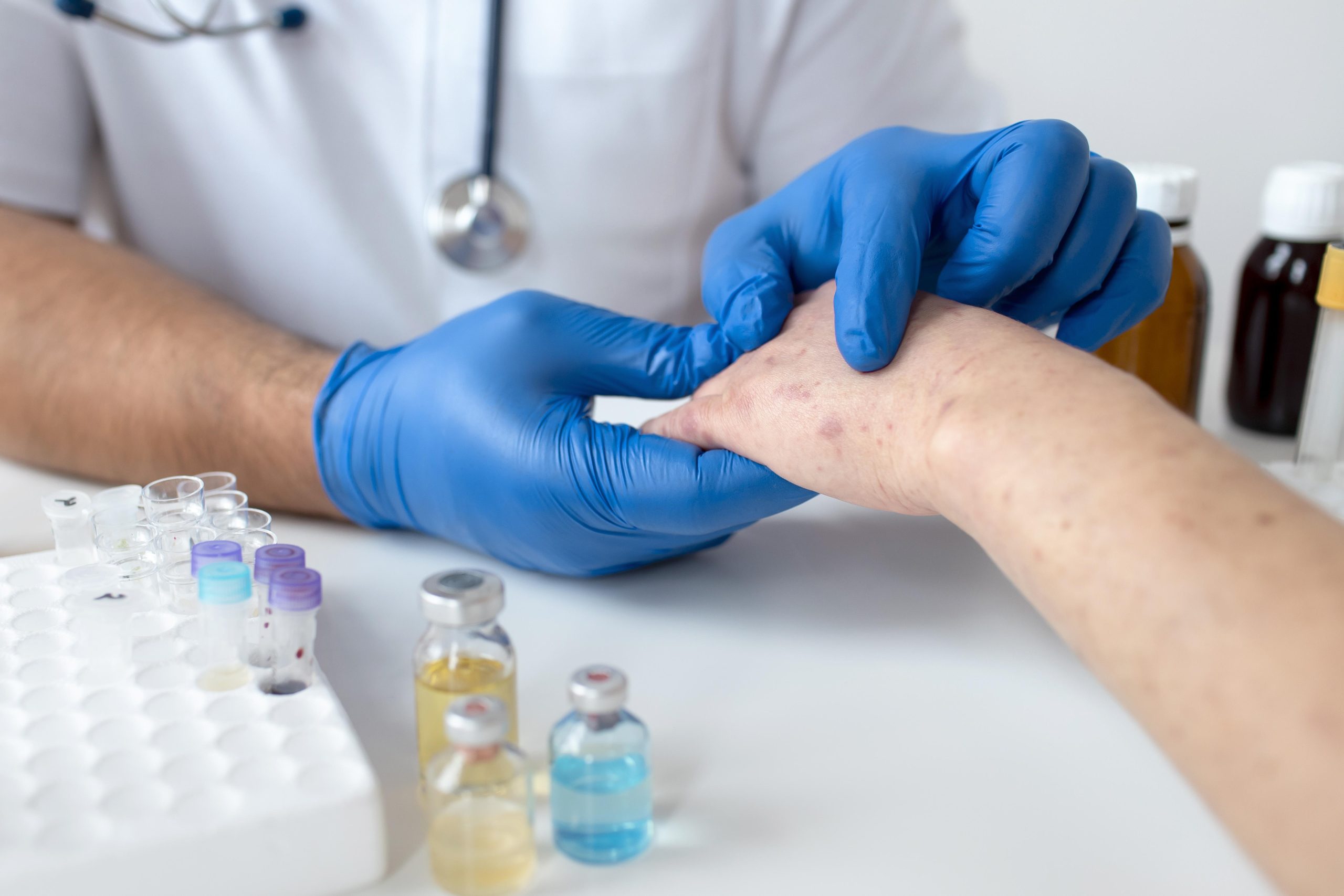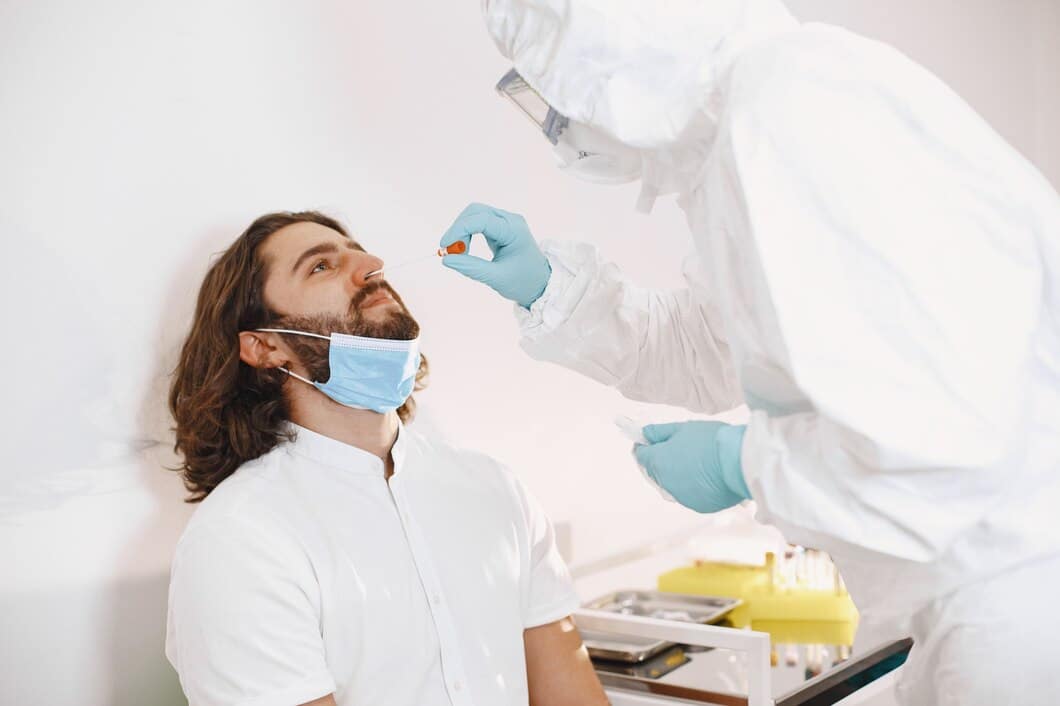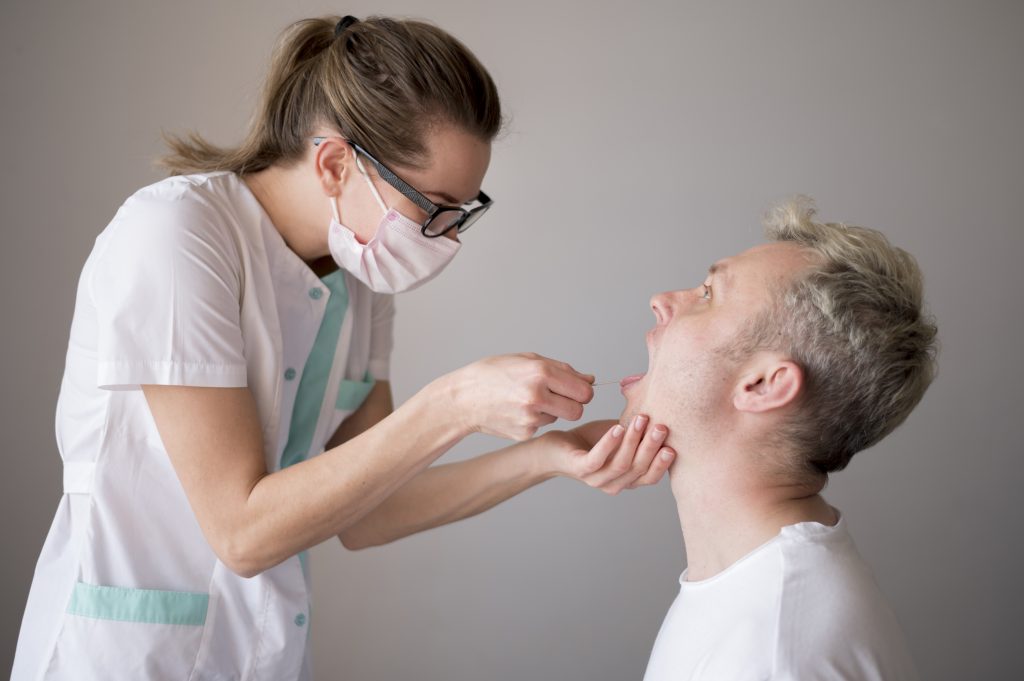The human body is a complex structure with the endocrine system playing a critical role in its functioning. It is a truly intricate network of glands that make and release hormones which regulate everything from metabolism and growth to mood and reproduction. Such damages in this fragile system may be the reason behind the endocrine disorders that affect a significant part of the population every year. This multifaceted article will discuss several endocrine disorders, their symptoms, possible treatments, and advice on seeking help from medical professionals.
Table of Contents
ToggleUnderstanding the Endocrine System
This part of the essay is high. In situations like this, you need to be aware of the technical norm which can be a challenge. Before discussing specifics, an emergent feature of the endocrine system that makes it unique is its complex connection by a group of several different glands such as:
- Pituitary gland
- Thyroid gland
- Parathyroid glands
- Adrenal glands
- Pancreas
- Ovaries (in females)
- Testes (in males)
The glands coordinate their action to the endocrine functions of the body, which are mainly implemented by hormones as messengers in the body. It, therefore, is quite possible for a problem – potentially an endocrine problem – to occur when one or more of the glands are not functioning well.
Common Endocrine Disorders
1. Diabetes Mellitus
Obesity is, for example, the most famous disease of the endocrine system among millions of Americans. It entails the failure to produce insulin (Type 1) or alternative creaming of insulin into the body.
Symptoms:
- Hyperactive thirst and increased urination
- Weight loss without a concrete explanation
- Exhaustion
- Blurred vision
- Faltering wounds after an injury
Treatment: The approach to this will include medication also may be cured with insulin injections, oral medications, lifestyle changes, and regular blood sugar monitoring in some cases.
2. Thyroid Disorders
That is the thyroid gland from which hormones having to do with the enzymes of the organic reaction are produced. Two quite typical thyroid diseases are:
Hypothyroidism
Symptoms:
- Fatigue
- Weight gain
- Cold sensitivity
- Dry skin
- Depression
Treatment: This usually involves the use of thyroid hormone which the thyroid lacks.
Hyperthyroidism
Symptoms:
- Fast heartbeat
- Loss of weight without a good reason
- Feeling extremely anxious all the time
- Shaking hands
- Heat is too much for me to handle
Treatment: It may also include radioiodine to kill the dog’s thyroid or/and surgery in particularly severe cases only.
3. Polycystic Ovary Syndrome (PCOS)
PCOS is mainly a hormonal disorder linked to cysts developing ovaries that commonly occurs among women of reproductive age and partly results from more male hormones in the blood.
Symptoms:
- Irregular periods
- Increased facial and body hair
- Acne
- Weight gain
- Trouble conceiving is one of the complaints out-of-balance hormones can generate
Treatment: It may include the use of hormonal birth control, control of the androgen hormones’ palate and lifestyle changes to deal with and amen operational.
4. Adrenal Insufficiency
It is a condition under which adrenal cortisol production is inadequate in the body causing low levels of the hormone. The secretion of this hormone helps in a smooth transition and the regulation of metabolism.
Symptoms:
- Weakness and drowsiness
- Unaffecting weight loss
- Nervousness is a normal state of being
- Low blood pressure
- Darkening of the skin
Treatment: It is usually given as a cognitive behavioral therapy to the injection to give Ondansetron the anesthesia medication.
Diagnosing Endocrine Disorders
The team of Absolute Urgent Care is well aware that quick and precise diagnostics are extremely crucial for effective therapy. The diagnostic methods will consist of a physical examination, going through the medical history and drawing some blood samples to measure hormone concentrations in them, and then, for example, CT scan or MRI scanning, genetic testing in some cases may be used.
- Physical examination
- Medical history review
- Blood tests to measure hormone levels
- Imaging studies (e.g., ultrasound, CT scan, MRI)
- Genetic testing in some cases
It is important to take note of the fact that our highly skilled medical personnel, at Absolute Urgent Care, have enough resources to conduct a preliminary evaluation as well as to need for any other necessary investigations, if necessary, to properly assess these patients.
Treatment Options for Endocrine Disorders
Endocrinology treatment is a rapidly advancing way of medical intervention that needs the attention of professionals, and that’s why different treatments will be available mainly for different types of this condition. Some of these include:
1. Hormone Replacement Therapy
To rectify a deficiency or correct a hormone problem, a hormone replacement regimen may be employed, especially in cases like hypothyroidism, adrenal insufficiency, and some diabetes patients.
2. Medications
Various medications can help alleviate the symptoms and balance the levels of the hormone. Some of these drugs are anti-thyroid drugs, insulin, or drugs which help to control the sugar in the blood that comes from diabetes.
3. Lifestyle Modifications
Many endocrine disorders benefit from lifestyle changes, including:
- Eating right
- Exercising regularly
- Stress management techniques
- Lose the weight (if necessary)
- Sleeping enough
4. Surgery
Many of these diseases require surgical intervention. For example, surgery may be done to eliminate an endocrine tumor or in the worst possible cases of hyperthyroidism, part or all of the thyroid gland may need to be amputated.
5. Radiation Therapy
It is one of the ways that the doctor might use in the treatment of some thyroid diseases or severe hyperthyroidism, for instance.
When to Seek Help
Besides, learning the signs of possible endocrine problems and determining when to go to the doctor’s, it is equally important to be able to notice the signs of such diseases for yourself. For example, you may be dealing with an endocrine disorder if you have the following:
- There is no explanation for your weight changes
- You always feel tired with a dead body
- Your heart rate and blood pressure are going the wrong way
- Mood swings and depression are the norms for your mood
- Increased thirst and frequent urination
- The texture and color of the skin changes
- Menstrual cycle where periods are very infrequent or, on the other hand, you experience menorrhagia
- Conceiving is becoming extremely difficult for you
- To have occurred to you one or even more times a week the ingesta vomiting and irritable bowel syndrome.
Having a quick response to patients who think they may have an endocrine disorder is the goal of Absolute Urgent Care. The team will help patients get to the needed specialists through initial evaluations or just order the necessary tests to confirm the issue.
Prevention and Management
Endocrine disorders are not always preventable, yet there are strategies we can all employ to keep our endocrine systems in balance:
- Eating a diet which is sufficient with all the essential minerals and vitamins already in pull over
- Physical activity, through waste removal and balancing the hormones, should bear on metabolism
- Practicing activities that will help one relax and be mindful can reduce the allergic reactions and skin aging
- Regular check-up is the key to a proper evaluation of your symptoms, especially if you have a history of the same problem
- Avoiding the exposure to polycarbonate plastics, and weak phenols, commonly found in food containers, that carry risks to the body endocrine system
The Role of Urgent Care in Endocrine Health
The speed with which the primary consultants’ physicians process the patients, the use of tests for the verification of the presence of hormones, the proper treatment of chronic diseases like diabetes, and the satisfaction of the medium-term check-up and follow-up of the patients’ health are part of our offering.
- Initial evaluations
- Hormone tests
- Chronic disease effect management like in type 2 diabetes
- Referrals of endocrinologists in cases of profound and complex endocrine failure
- Continued care towards the assessment of the success of treatment
In fact, Absolute Urgent Care role is to deliver the patients the expeditious and comprehensive care they need to fulfil their health expectations. For this purpose, the use of available resources will be the choice of the interaction of the specialists.
Endocrine diseases present a worrisome situation for people concerning the quality of life of anyone but good news is that when there is correct diagnosis and right treatment these conditions can be well-behaved. The first key to a healthier endocrine system is the analysis and awareness of the symptoms of the issue expected. Be sure to feel better soon as Absolute Urgent Care is its mission to ensure a safer and more efficient health service by providing patients with sympathetic care and expert advice on every little step along the way.






















